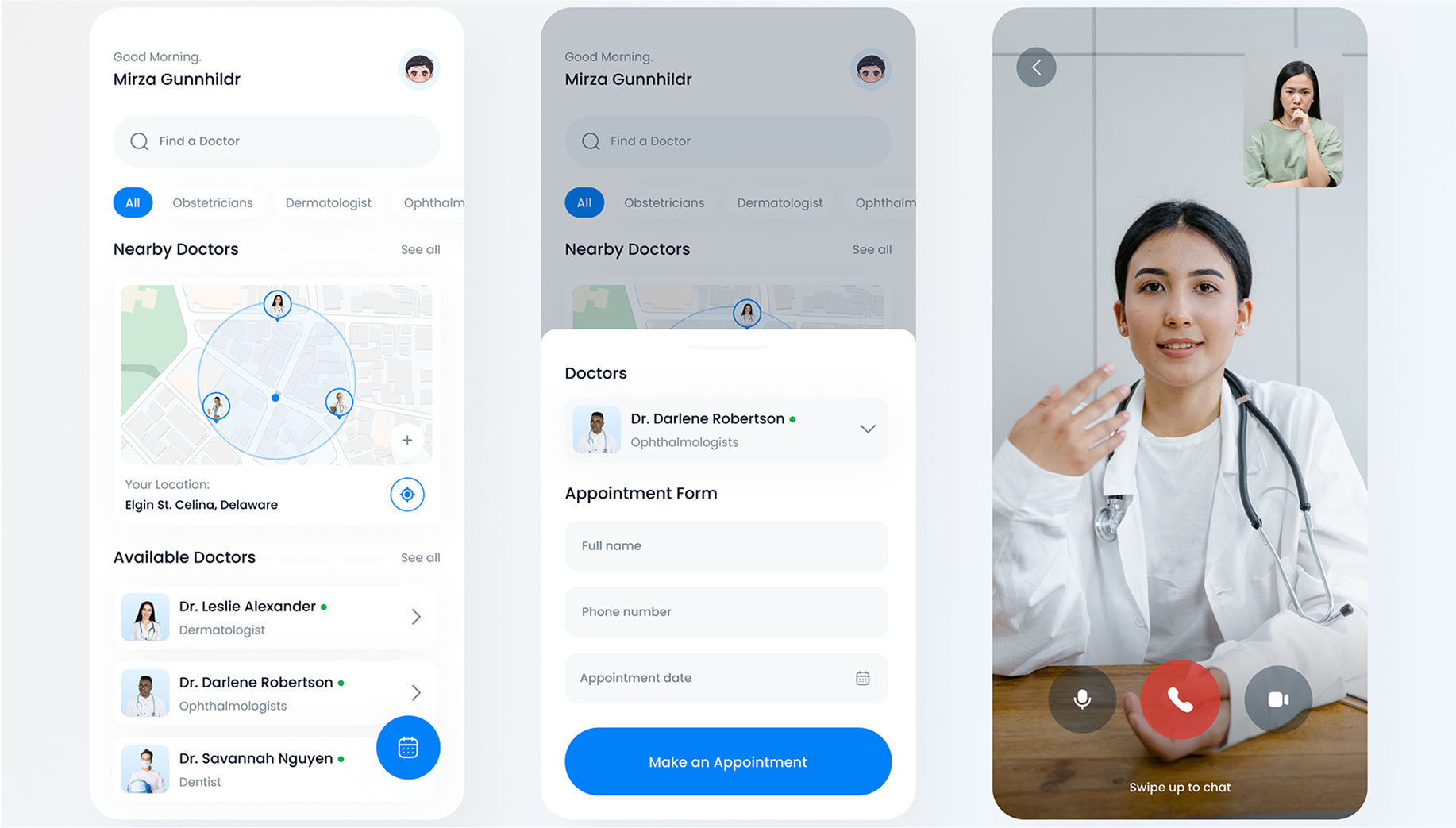Zero-Knowledge Proofs (ZKPs) Explained


Learn how Zero-Knowledge Proofs (ZKPs) protect privacy by proving facts without revealing sensitive data. Discover real-world uses in blockchain, finance, and Web3
Imagine proving to a security guard that you are above 18 without showing your ID card. You confirm the fact, but you don’t reveal your birth date, address, or name. This is the power of Zero-Knowledge Proofs (ZKPs). In the digital world where privacy is often compromised, ZKPs are becoming one of the most powerful tools to protect user data while still proving truth.
In this blog, we will explore what ZKPs are, why they matter, how they work, and provide some real-world examples to make the concept easier to understand.
What is a Zero-Knowledge Proof?
A Zero-Knowledge Proof is a method where one person (called the “prover”) can convince another person (the “verifier”) that something is true, without sharing the actual information behind it.
Think of it like this:
- You want to prove you know the password to an online account.
- Instead of revealing the actual password, you use a special method to prove you know it.
- The verifier is convinced you have the password, but never sees it.

This balance of truth without exposure is the heart of ZKPs.
Why Do We Need ZKPs?
Today, most systems require you to reveal data to prove something. For example:
- To show you are 18+, you show your full ID.
- To access your bank account, you type your password.
- To prove income for a loan, you hand over your salary slips.
The problem: once shared, this data can be copied, leaked, or misused.
ZKPs solve this by allowing you to prove what’s necessary, while keeping everything else secret. This is especially powerful in a world where privacy, security, and trust are becoming more important every day.

How Do ZKPs Work?
Let’s take an easy story:
Two friends, Ali and Sara, are standing outside a cave with two entrances (left and right) that meet at a locked door inside. Ali claims he knows the secret code to open the door. Sara wants to confirm this, but without Ali telling her the code.
Here’s how they test it:
- Ali goes into the cave through any entrance.
- Sara waits outside and then randomly asks Ali to come out from either the left or the right side.
- If Ali truly knows the code, he can always pass through the locked door and come out from whichever side Sara asks.
- If Ali is lying, he will eventually fail because he won’t be able to cross the locked door.
Sara becomes convinced Ali knows the code, even though she never learns what it is.
This story is a classic way to explain ZKPs proof of knowledge without revealing the knowledge.
Types of Zero-Knowledge Proofs
There are two main categories:
- Interactive ZKPs
- The prover and verifier go back and forth with questions and answers.
- Example: The cave story above.
- The prover and verifier go back and forth with questions and answers.
- Non-Interactive ZKPs (NIZKPs)
- The proof is generated once and can be verified later, without constant back-and-forth.
- These are widely used in blockchain systems.
- The proof is generated once and can be verified later, without constant back-and-forth.

Real-World Examples of ZKPs
- Online Voting
Voters can prove they are eligible and have cast a valid vote without revealing whom they voted for. This keeps elections private but trustworthy. - Banking & Finance
A customer can prove they have enough balance in their account to make a payment, without revealing the exact amount. - Age Verification
A website can confirm a user is above 18 without asking for their exact date of birth. - Blockchain & Cryptocurrencies
ZKPs are used to make transactions private. For example, in some cryptocurrencies like Zcash, ZKPs hide transaction details while still proving validity.
Benefits of Zero-Knowledge Proofs
- Privacy: You only prove what’s necessary, keeping other data hidden.
- Security: Sensitive details are never exposed, reducing the risk of theft.
- Trust: Verifiers can confidently accept proofs without needing raw data.
- Efficiency: Some modern ZKPs can make verification faster and cheaper.

Challenges of ZKPs
Like every technology, ZKPs are not perfect yet:
- Complexity: The mathematics behind them is very advanced.
- Performance: Generating and verifying proofs can take time and computing power.
- Adoption: Many businesses are still learning how to apply ZKPs in real life.

But as technology grows, these challenges are slowly being solved.
The Future of ZKPs
With rising concerns about digital privacy, Zero-Knowledge Proofs are becoming more popular in industries like finance, healthcare, supply chain, and government services. As blockchain adoption grows, ZKPs will play an even bigger role in enabling private, secure, and scalable systems.
In the near future, we may use ZKPs in our daily lives without even realising it, logging in to websites, making online payments, or even proving personal qualifications.
Conclusion
Zero-Knowledge Proofs are more than just a complicated idea from cryptography. They are a practical tool for protecting privacy while ensuring trust.
At its heart, ZKP means:
- You can prove something is true.
- You don’t have to reveal your private details.
In a world where personal data is often at risk, this simple idea has the power to reshape how we interact online. From voting systems to private transactions, ZKPs are opening the door to a safer and more private digital future.
Get in touch with us today at info@blockmob.io or visit blockmob.io to start building secure, privacy-focused Web3 products.






